Public Works and Environmental Services Alert:

All batteries contain chemicals. Some of these chemicals — especially lead, nickel, cadmium, mercury, zinc and silver — can be problematic if they are leaked or released into our environment. This is why it is important that they be handled correctly according to type.
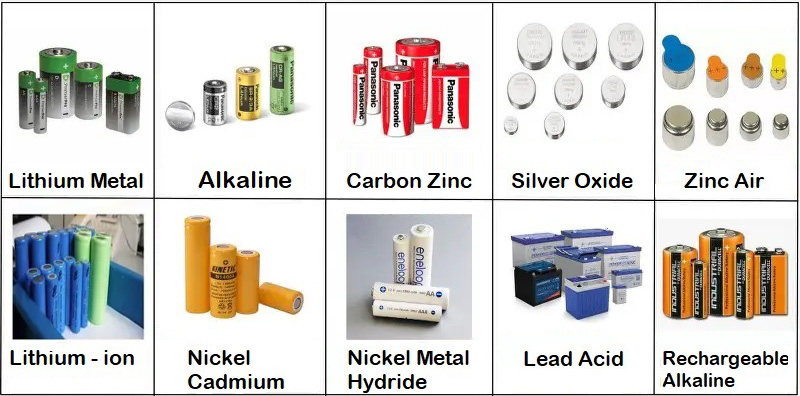
Let’s Talk Trash about Batteries!
¡Hablemos Basura sobre las baterias (pilas)!
Follow one of these alkaline battery safety procedures before throwing them away to avoid dangerous leaks and fires.
Primary/Single-Use batteries cannot be recharged and must be disposed of once they wear out. Alkaline, lithium, silver oxide, zinc-air, zinc-carbon, and zinc-chloride, commonly known as AA, AAA, 9V, D-cell, and button cell are all types of primary batteries.

Primary/Single-Use batteries are most used in low-drain devices, such as flashlights, clocks, watches, remote controls, and smoke detectors.
Follow one of these carbon zinc battery safety procedures before throwing them away to prevent an accidental fire.
Everyday household batteries used in flashlights, remote controls, and other appliances. Labeled "carbon zinc," the size can be AA, AAA, 9v, D or C.

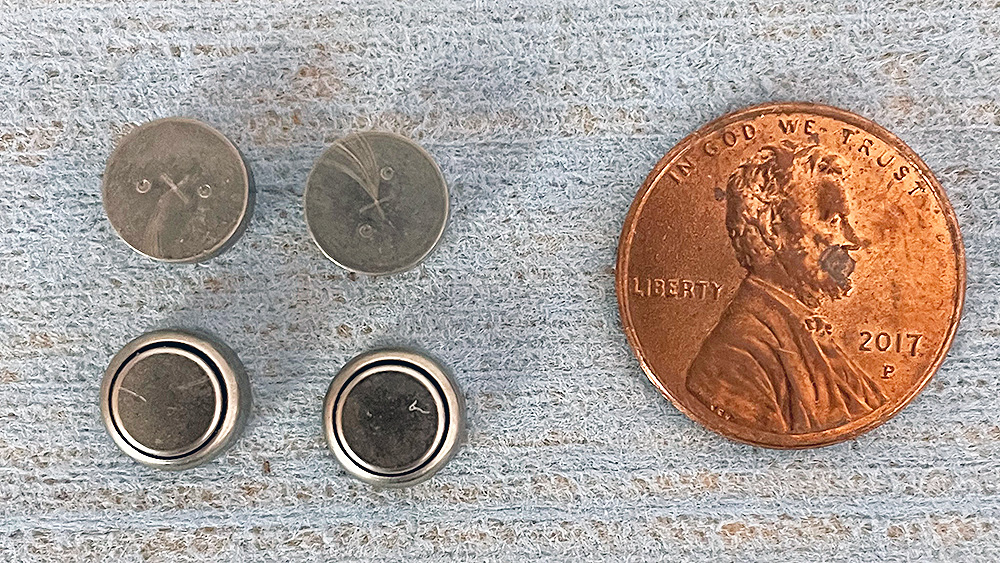
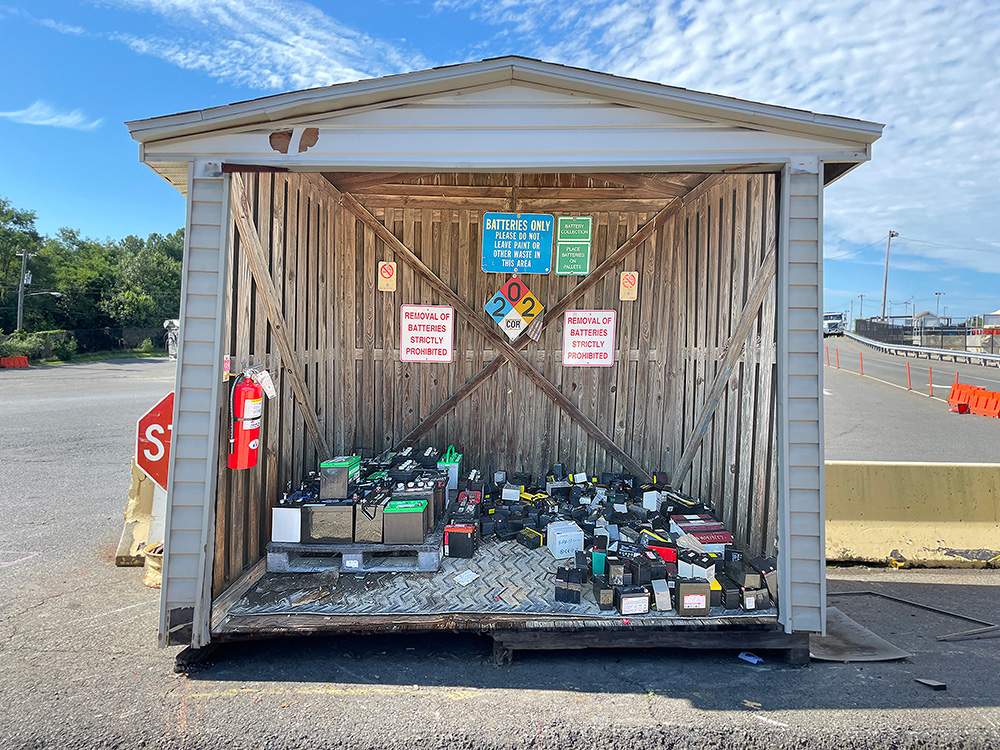 Take automotive/lead acid batteries to the I-66 Transfer Station or I-95 Landfill Complex, or
Take automotive/lead acid batteries to the I-66 Transfer Station or I-95 Landfill Complex, orThese are used to power cars, light trucks, all-terrain vehicles and motorcycles. They are not considered a household hazardous waste but do require special handling. When transporting them, please beware of leaks and keep upright.
Small Sealed Lead Acid (SSLA/Pb) batteries can typically be found in emergency devices, emergency exit signs, security systems, mobility scooters and UPS back-ups.
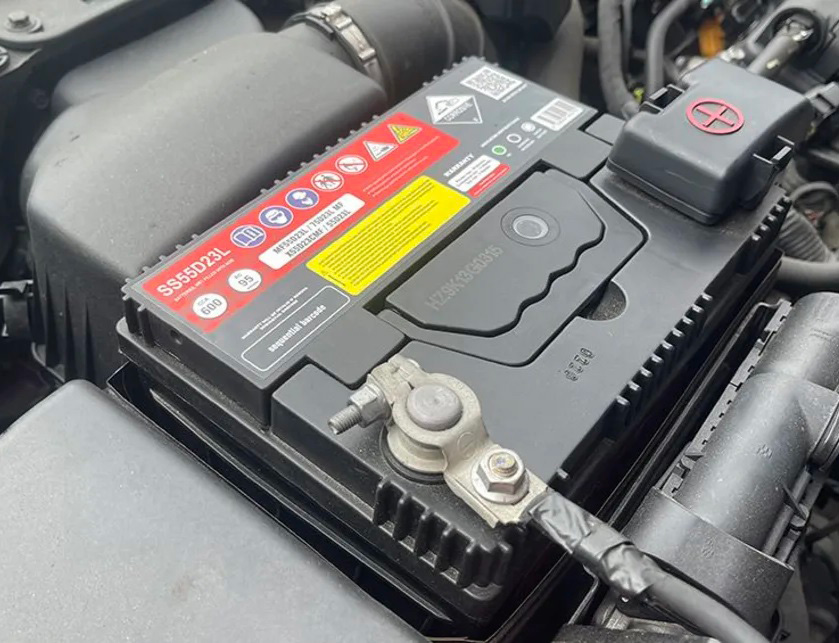
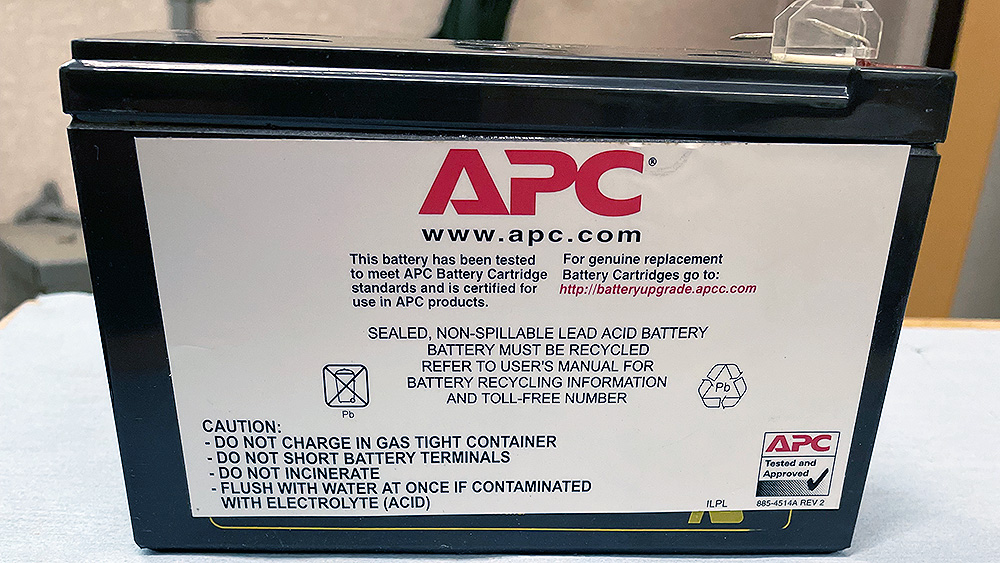
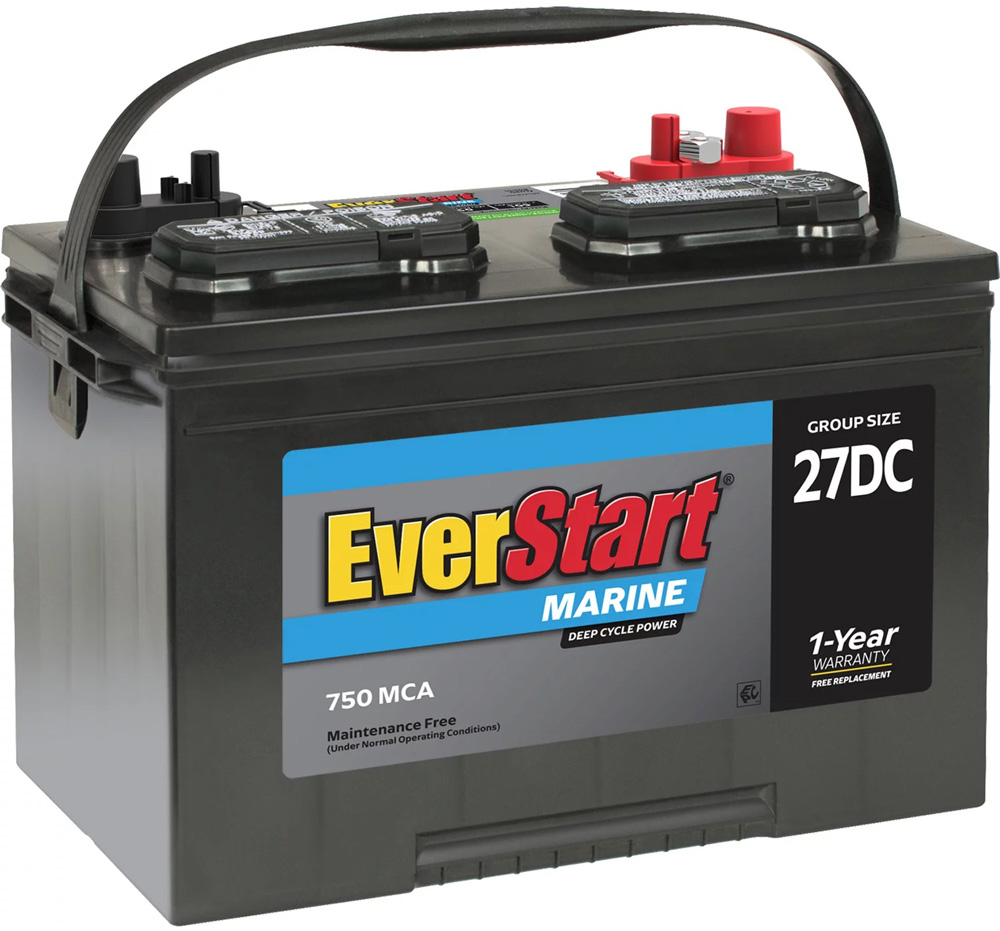
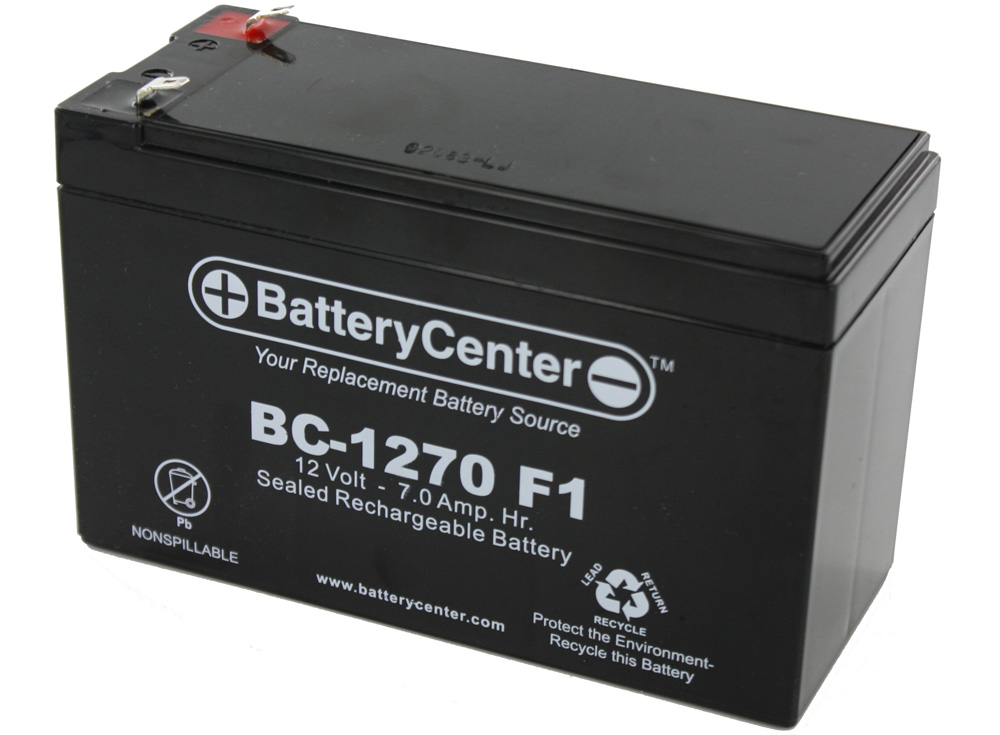
Take to a Household Hazardous Waste site such as the I-66 Transfer Station or I-95 Landfill Complex.
Many battery types (Ni-Cd, Ni-MH, Li-on, Ni-Zn, Pb) are available in rechargeable form. They will say "rechargeable" somewhere on the battery label. They are most commonly found in cordless power tools, cellular and cordless phones, laptop computers, digital cameras, two-way radios, camcorders and remote control toys.
Take nickel cadmium (Ni-Cd) batteries to a Household Hazardous Waste site such as the I-66 Transfer Station or I-95 Landfill Complex.
These are commonly used in cordless power tools, laptop computers, cameras and cell phones. Labeled "Ni-Cd" they come in various sizes including 9v, D, and AA. They can also be small, round button-cell type batteries.
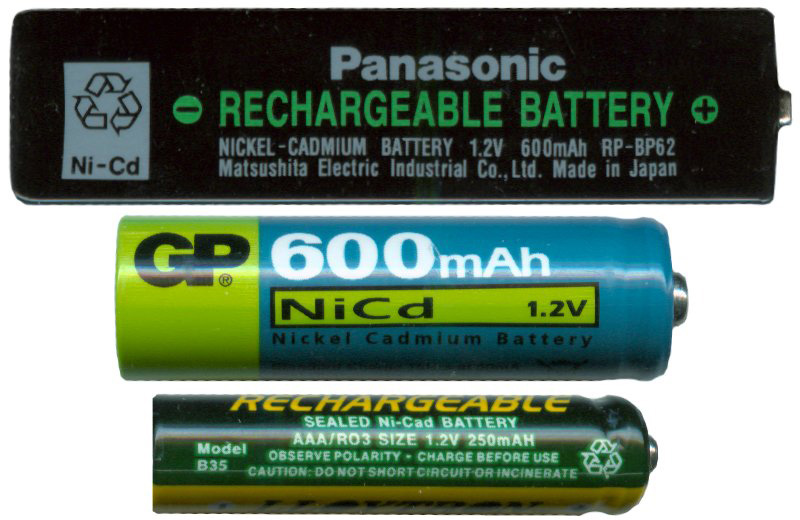
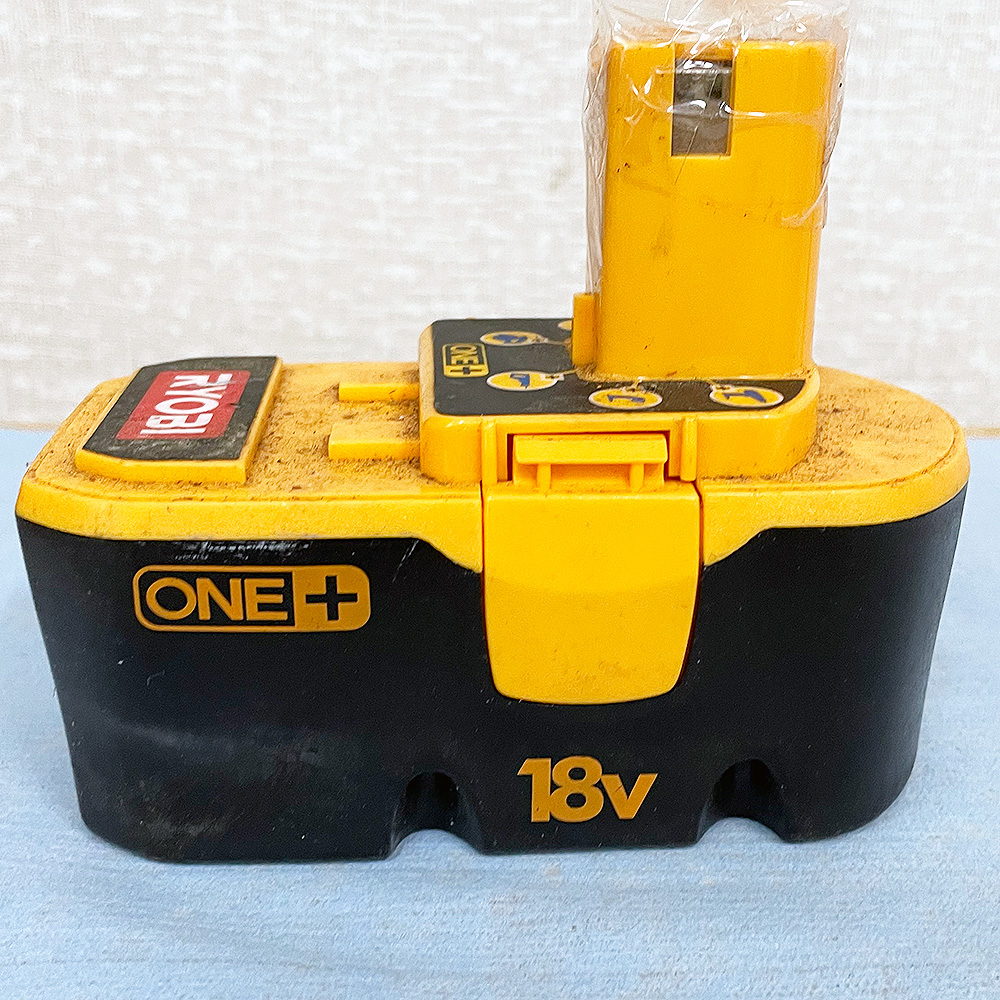
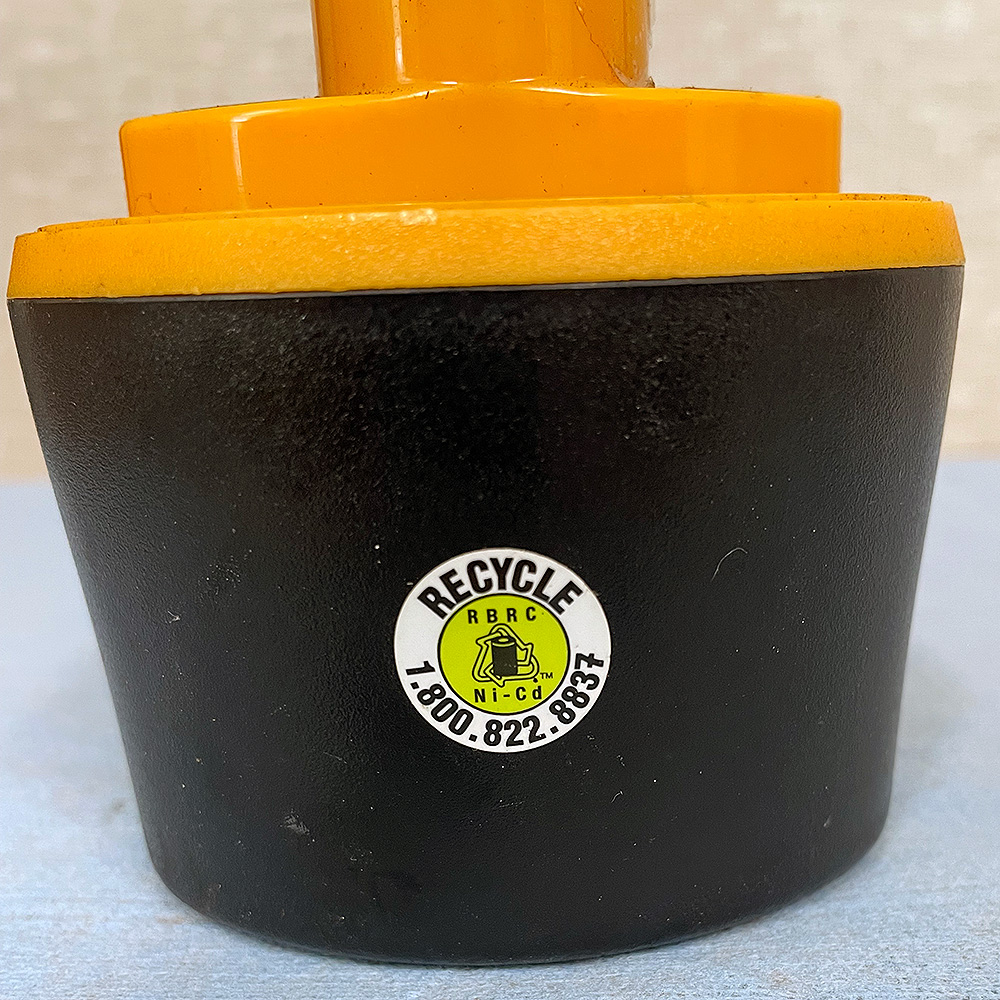
Take nickel metal hydride (Ni-MH) batteries to a Household Hazardous Waste site such as the I-66 Transfer Station or I-95 Landfill Complex.
These are commonly used in cordless power tools, laptop computers, cameras and cell phones. Labeled “Ni-MH” they come in various sizes including 9v, D, and AA. They can also be small, round button-cell type batteries.

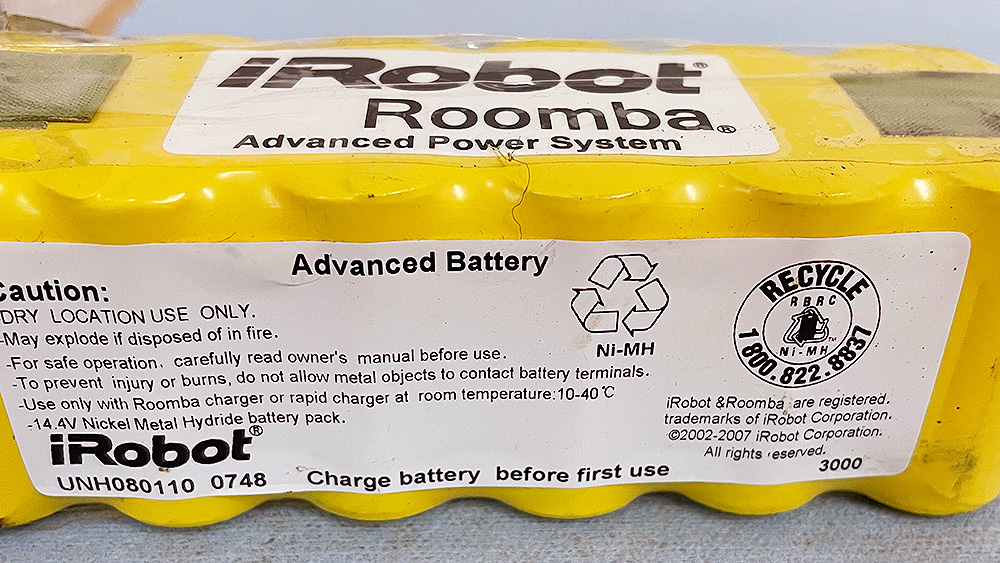
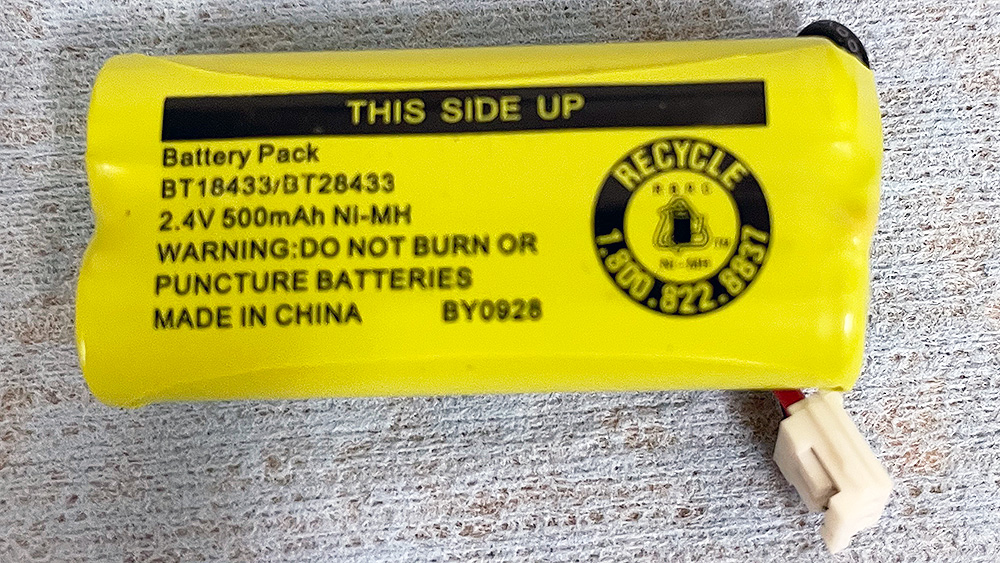
Take mercury batteries to a Household Hazardous Waste site such as the I-66 Transfer Station or I-95 Landfill Complex.
Zinc air, alkaline, and silver oxide button cell batteries contain small amounts of mercury. Mercuric oxide batteries also contain mercury.
Mercury containing batteries can typically be found in small portable electronic devices such as watches, cameras, digital thermometers, calculators, and toys.
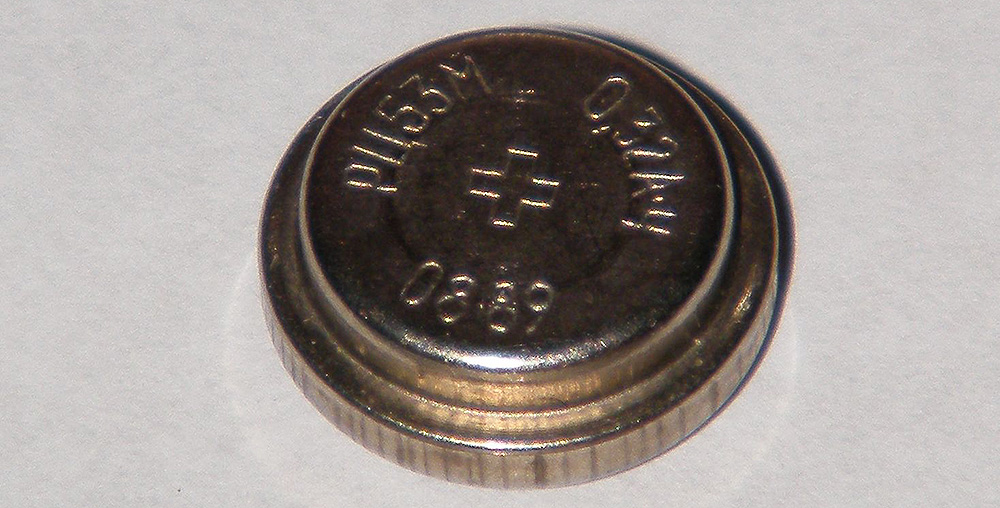
Take lithium batteries to a Household Hazardous Waste site such as the I-66 Transfer Station or I-95 Landfill Complex.
These can be used in many electronic devices such as cameras, cell phones and laptop computers. Labeled "Lithium," “Lithium Primary,” “Lithium Metal Primary,” “Lithium Ion,” “Li-ion, ” or “Lithium Polymer,” they can be 9v, C, and AA. They can also be small, round button-cell type batteries.
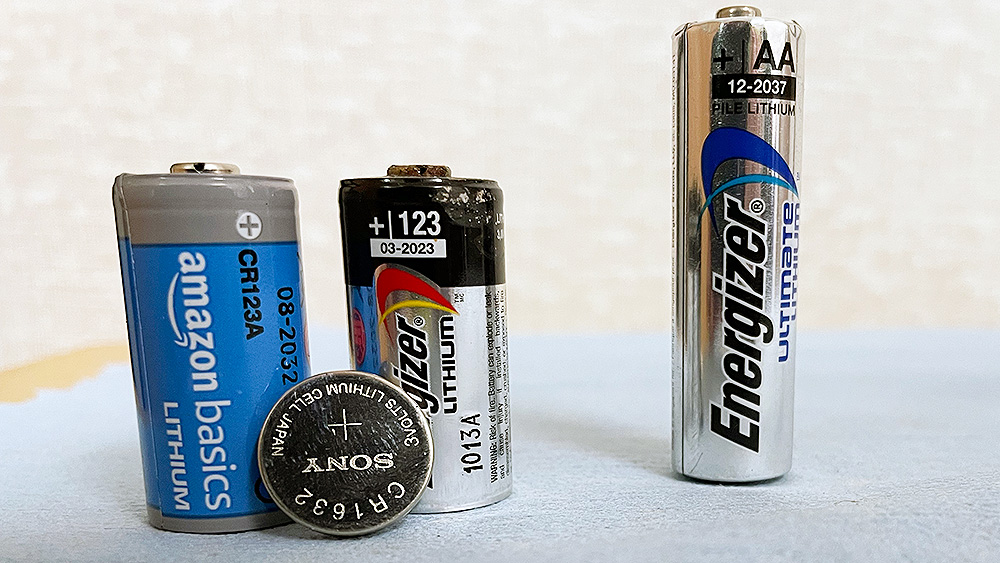
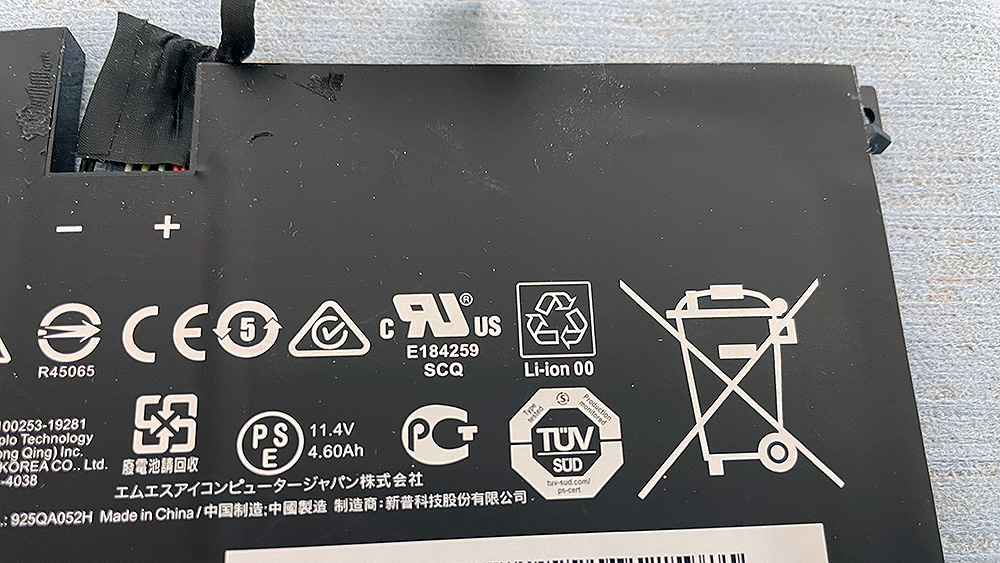
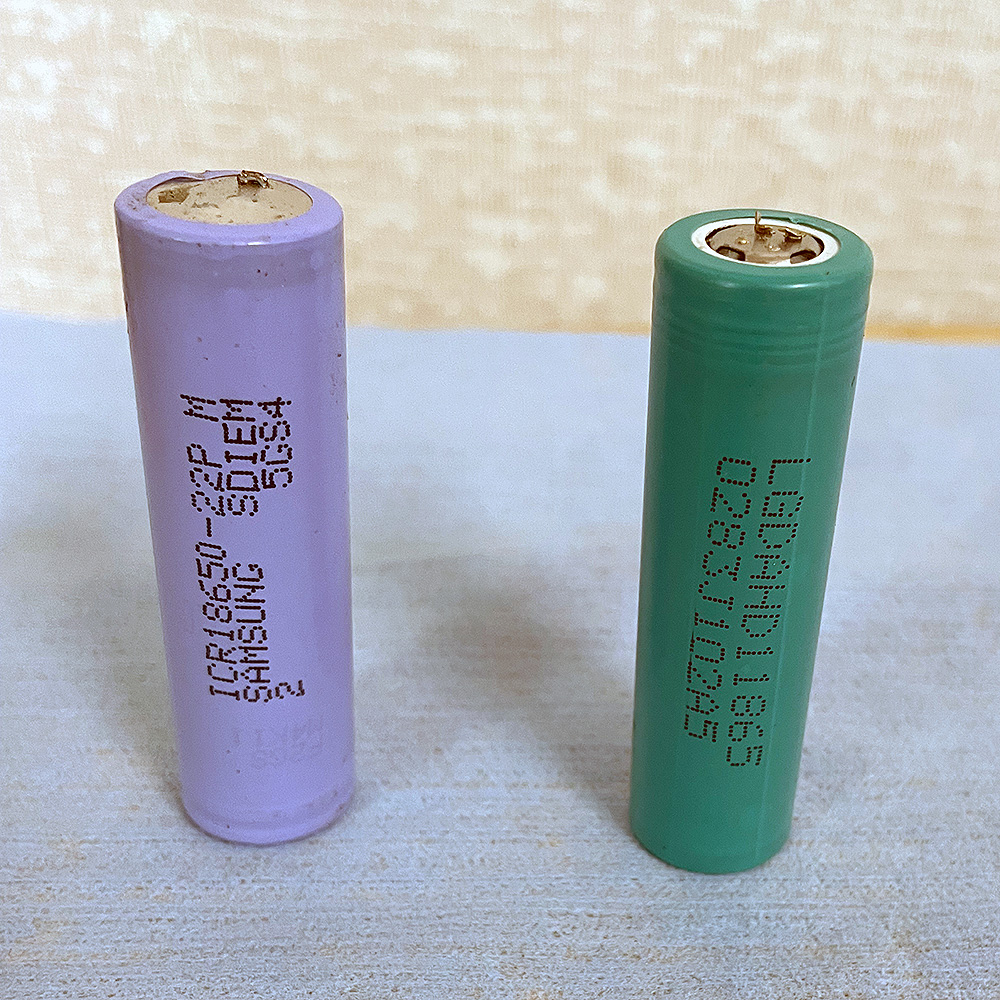
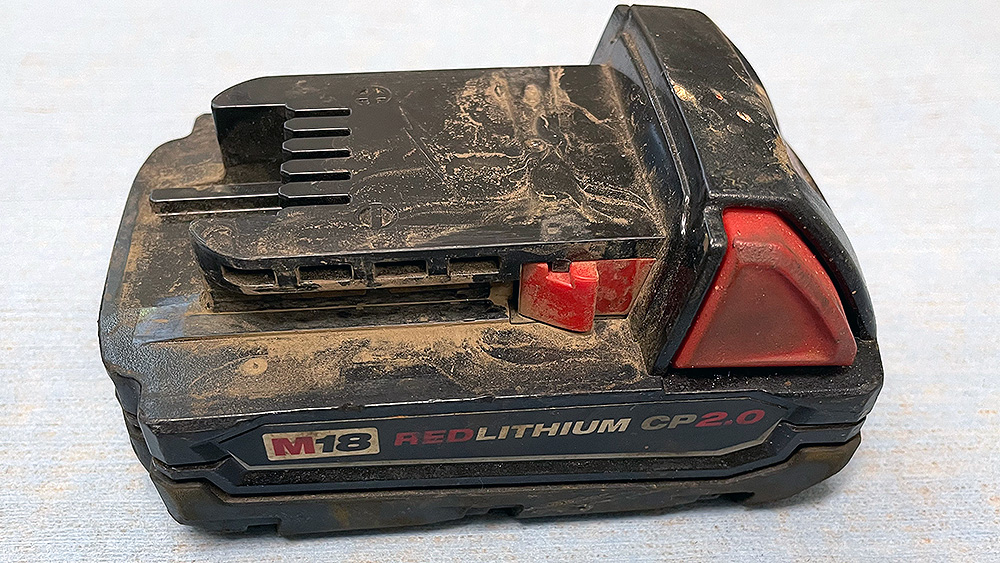
Businesses are required to handle all batteries in accordance with federal regulations. To learn more, visit EPA's Battery Manufacturing Effluent Guidelines.
Businesses can refer to the Universal Waste guidelines for more battery management information.
Special programs exist for recycling rechargeable batteries from retailers, businesses, communities and public agencies. The program is free for these groups. Participating businesses only pay for shipping to the reclamation facility. For more information, contact Call2Recycle.
See also:
